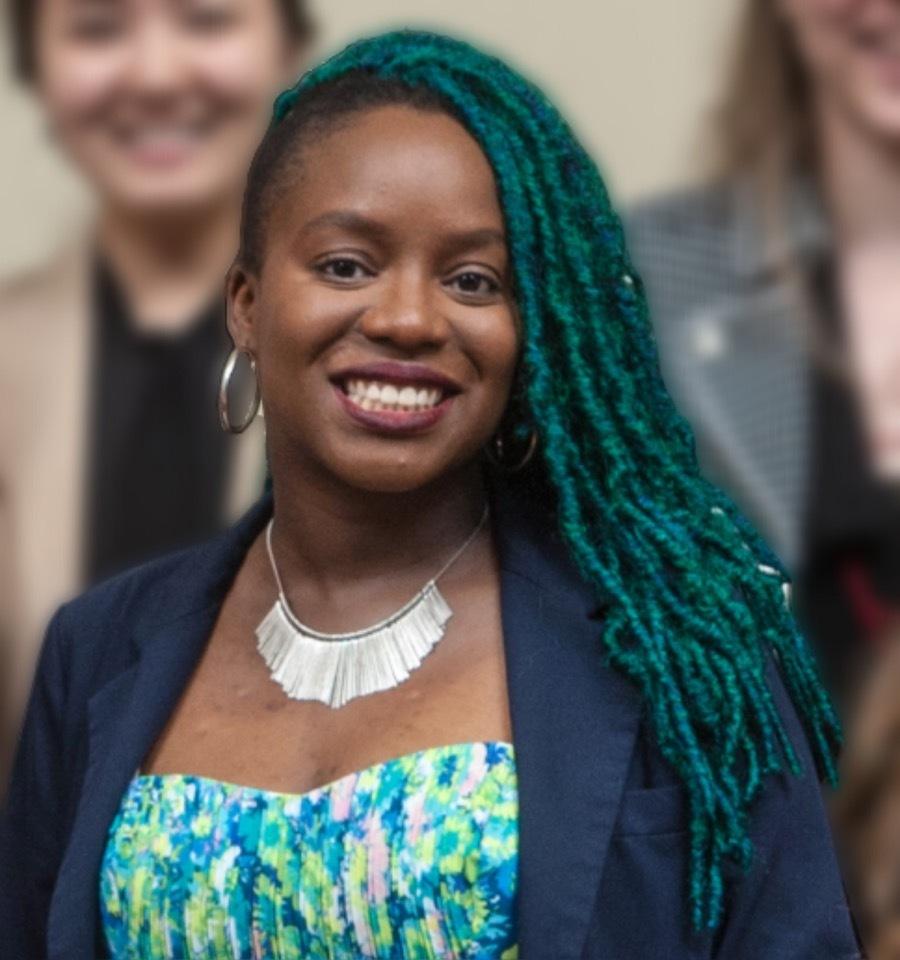Throughout Black History Month, the Black Student Union (BSU) has hosted events centered on self-care for Black students.
Self-care for people of color, specifically Black people, looks different from self-care for people who are not marginalized. There are generational and systemic deficits of Black people’s needs being met, according to Okichie Davis, owner and clinician at Endeavouring Wellness. Endeavouring Wellness’ practice is based in Philadelphia and focuses on providing mental health support.
“Historically and as a people, Black folks, in this country and across the world, are constantly dealing with a deficit of our needs not only failing to be met, but also actively being undermined by oppressive systems [of] white supremacy, sexism, transphobia and all of the different intersections that we deal with,” Davis said.
At St. Joe’s, BSU hosted Black Self Care Day on Feb. 2 to help Black students learn how to cope with stress. On Feb. 9, the group co-sponsored an event with SJU Naturals titled Natural Hair Night, which focused on providing local resources for natural hair.
Taylor Stokes ’22, president of BSU, said although self-care is frequently talked about, it is something that has to be learned to be effective.
“We had the event because self-care is super important,” Stokes said. “It’s not something that Black people really learn. This is the kind of thing that you begin to learn about because you are struggling so bad.”
For Davis, the first step in approaching self-care is to identify and address areas where support is needed. Addressing these areas means coming up with realistic and personalized approaches to deficits.
“Self-care for Black folks in the U.S. and across the diaspora, especially in countries where Black folks are numerically a minority, is ‘community care,’” Davis said. “It is maintaining our connections with each other, building community with each other, being in solidarity with each other.”
Davis’ own self-care regimen includes checking in with themself regularly and taking care of their basic needs like sleep, nutrition and activity.
Adrienne Dolberry is a co-owner of Studio 34 in West Philadelphia. Studio 34 offers POC (people of color) Yoga every Sunday as a place where people of color can safely talk with members of the community. POC Yoga is a community class that costs $6 per session. Because of the pandemic, classes at Studio 34 are now live-streamed.
“We are the majority of people in the world, but within the wellness dome, it is still very whitewashed,” Dolberry said. “When we can carve out a space for ourselves where the energy shifts, when you have a space where folks can be around each other and discuss topics and be able to move together and breathe together, all of that beautiful connection in a way where we can be together as a community, is just so important for me.”
Dolberry finds yoga and meditation to be a helpful part of their self-care routine.
“We need to have our space for ourselves where we’re not having to code our language [so] white folks are comfortable,” Dolberry said. “We want to have a space that’s safe and understands boundaries, which is important for our classes, but we wanted to make sure that affinity groups like people of color could have a space to practice, because wellness is more than just moving your body, it’s a connection with yourself and with other people.”
Noah White ’23, former secretary of SJU Naturals, finds journaling to be an important part of his self-care. Every morning, he writes what he is grateful for.
“That was just a huge game changer for me,” White said. “It completely changed my outlook on life, and I started having more appreciation for the little things in life.”
For Stokes, another important part of self-care as a Black woman is hair care, something that she didn’t learn until coming to college.
“It’s so important that Black people know about our hair because, truthfully, our hair is our crown,” Stokes said. “There may be Black people that don’t know about their hair because they have never been in Black environments where they were surrounded by all different types of Black hairstyles.”
Both events were meant to promote both physical and mental well-being, specifically the event co-hosted with SJU Naturals, explained Caren Teague ’23, treasurer for SJU Naturals.
“A lot of our identity is tied to our hair, especially people of color, Black people specifically, because I just feel your hair is linked to your body, linked to your emotions,” Teague said. “Your hair is a part of who you are, so it’s important to take care of all parts of who you are, but your hair specifically.”
Davis emphasized that the most important part of self-care is mental wellness. For this reason, they have started seeing their own therapist to check in on their mental health.
“I have to be aware of what I can do, and always trying to do just slightly less than that,” Davis said. “You don’t burn your battery out and wait for it to die before you plug your phone in. Treat yourself with the same amount of care and attention for capacity that you treat your phone.”








































